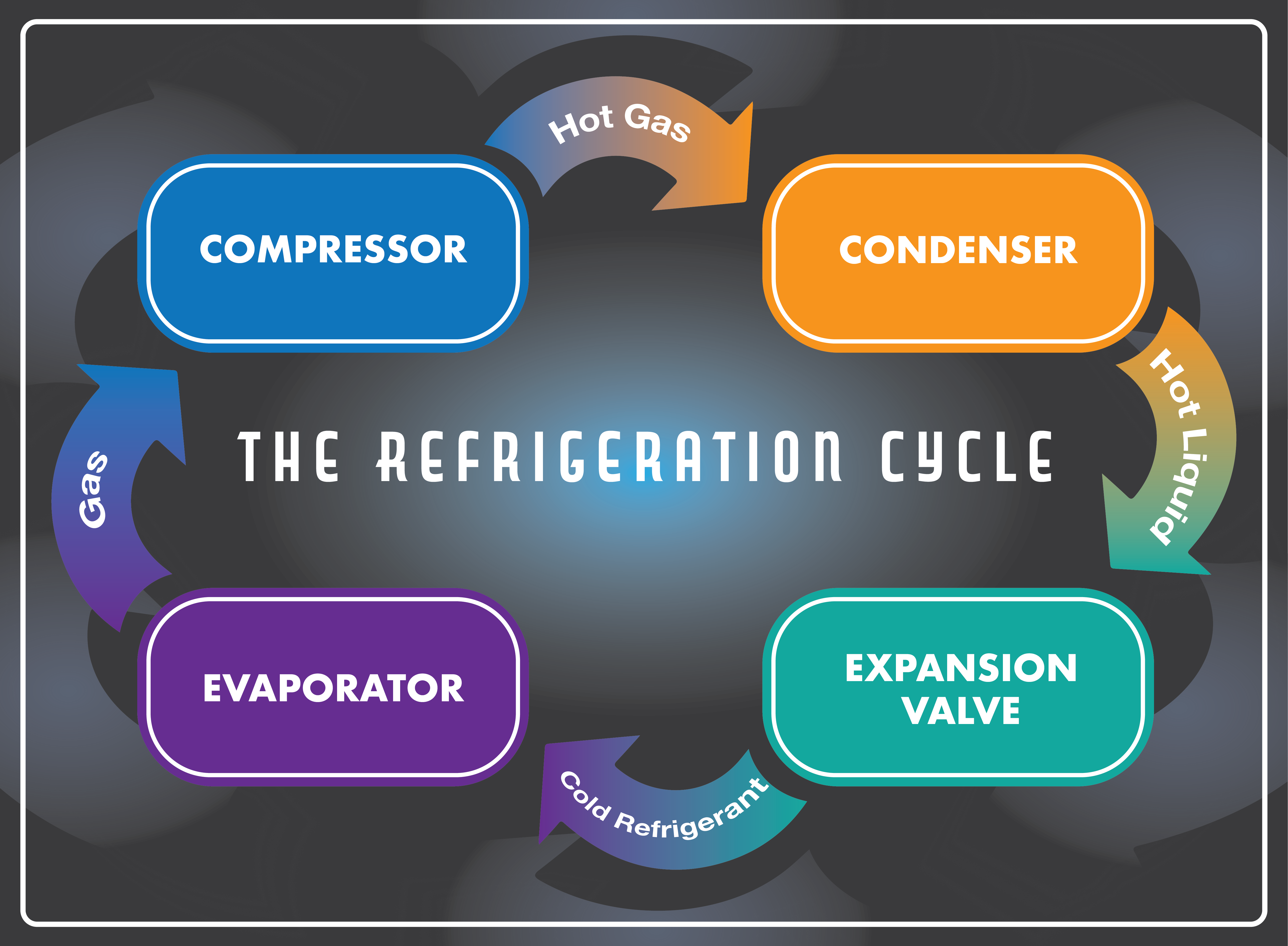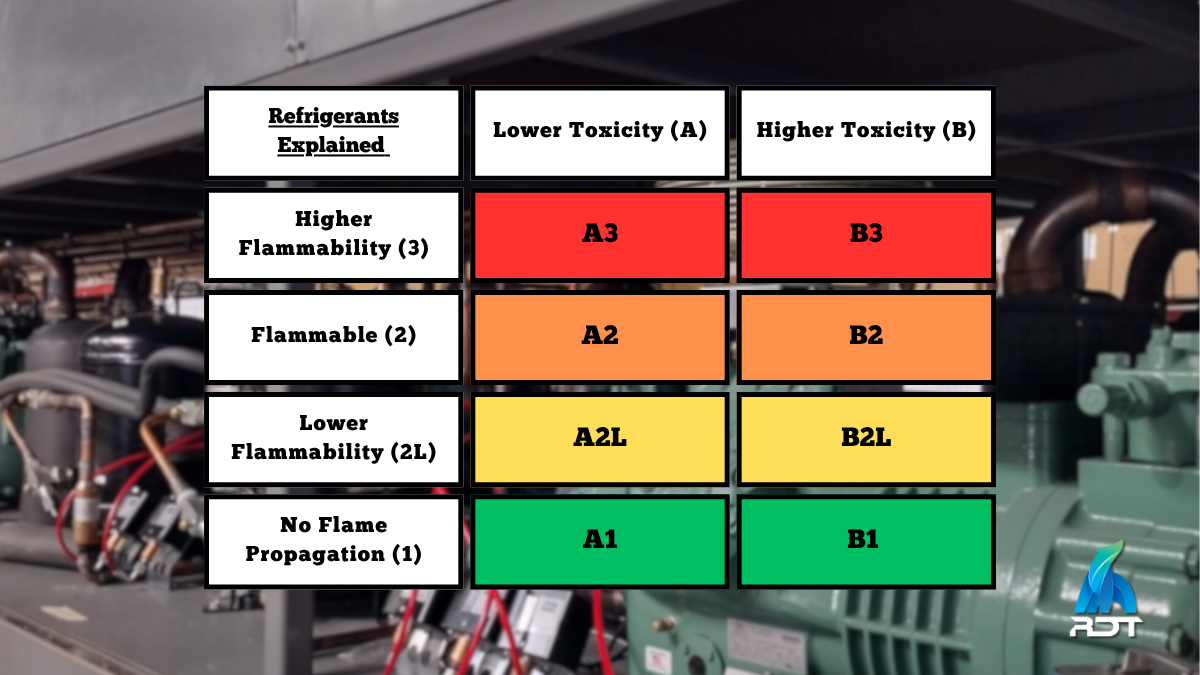2 min read
Refrigeration systems are a vital part of the modern world, used everywhere from industrial manufacturing to food processing to residential and commercial air-conditioning. Today, the world of refrigeration systems is becoming more and more...
Read More





.jpg?width=500&name=2018%20Food%20Trends%20(and%20How%20They%20Relate%20to%20Commercial%20Refrigeration).jpg)






